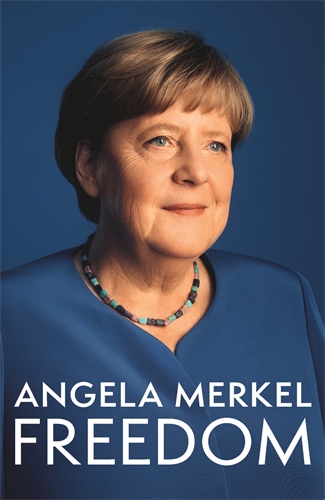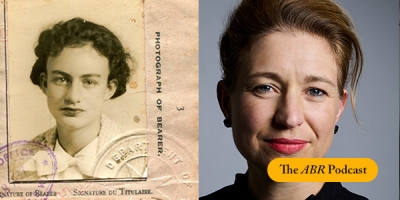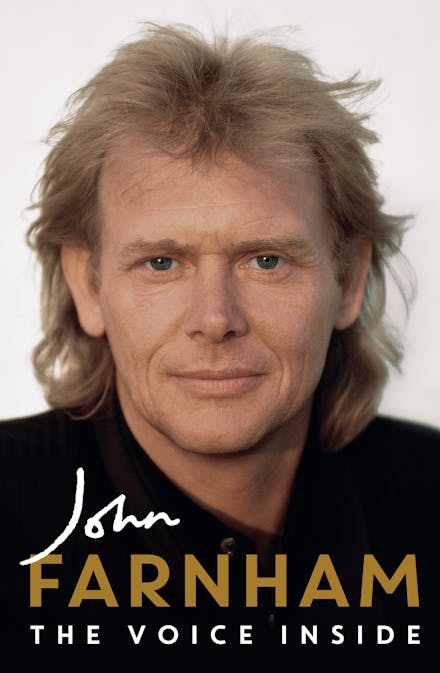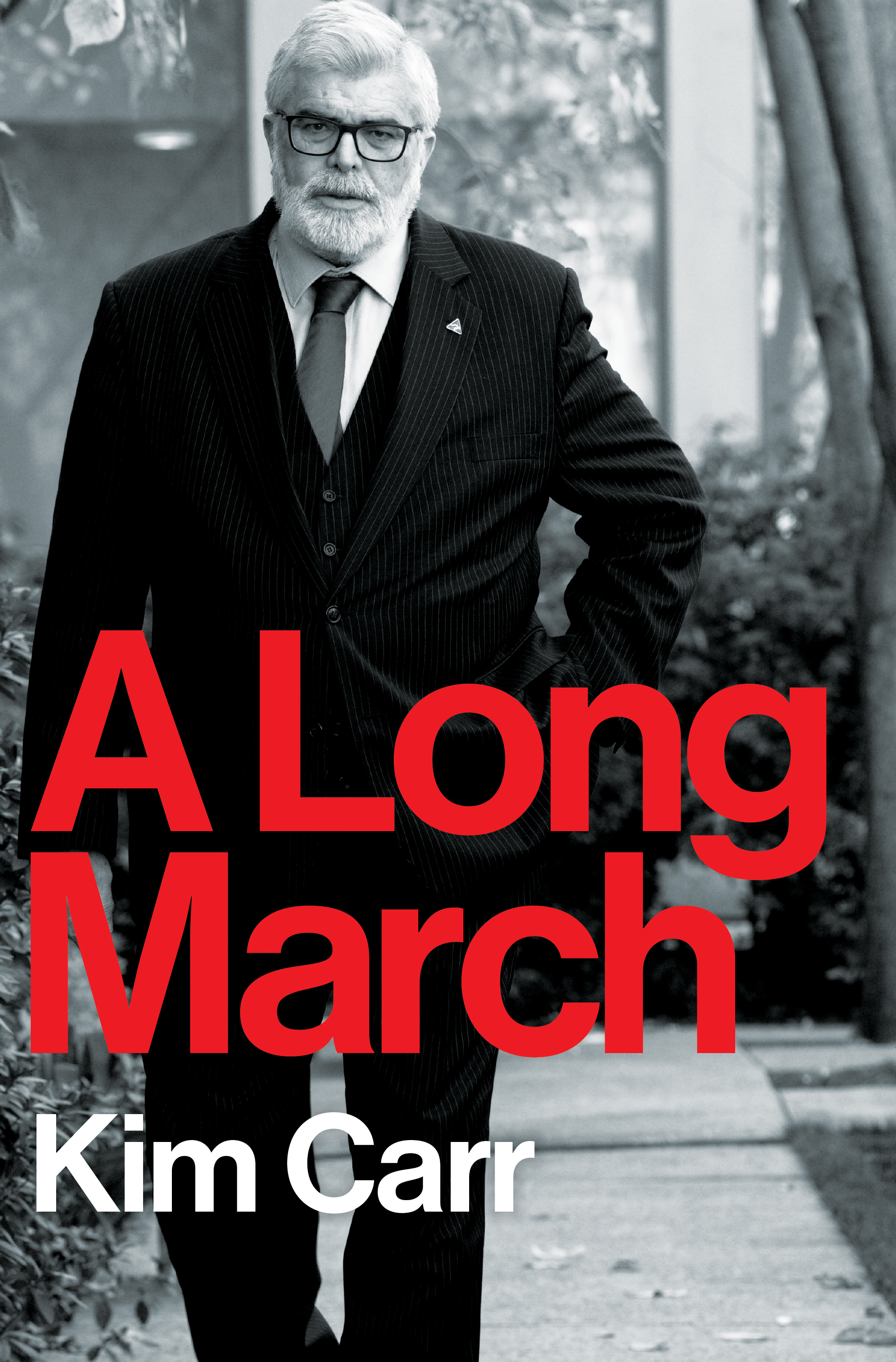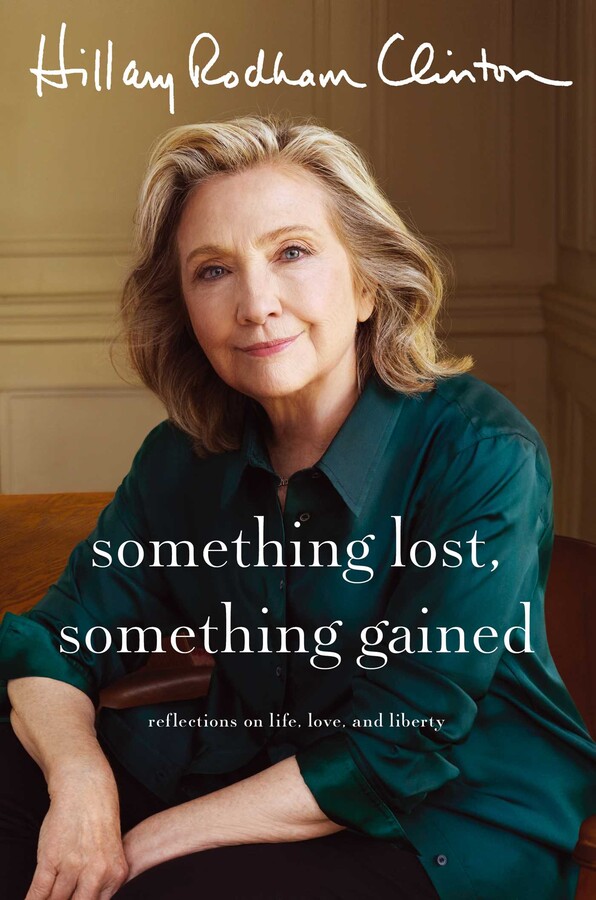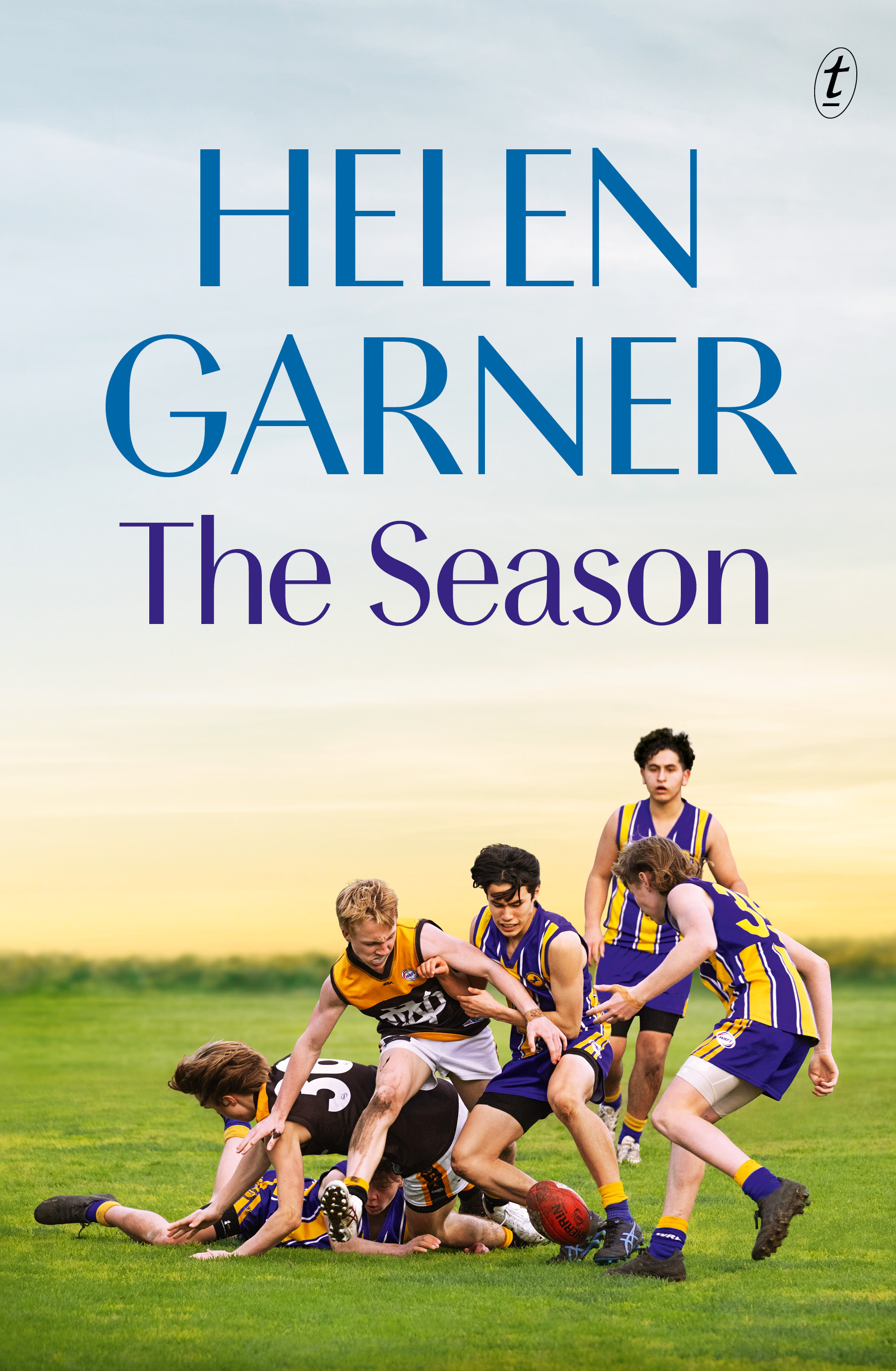Memoir
Freedom: Memoirs 1954-2021 by Angela Merkel with Beate Baumann translated from the German by Alice Tetley-Paul et al.
Just a few years ago, retiring after sixteen years as Germany’s chancellor (2005-21), Angela Merkel was praised to the skies as a stateswoman who represented all that was admirable in a (semi-)united Europe. Now her reputation has taken a nosedive (‘Angela who?’ The Economist asked, tongue in cheek, last October). That’s an occupational hazard for politicians, and Merkel, as a seasoned professional, knew the score. Still, she deserves to be remembered, if only because in 2015 she did something that seasoned professionals very rarely do: ignoring the risks, she took an important political decision for moral reasons. That decision was to open Germany’s doors to thousands of refugees from North Africa and the Middle East – in the end almost a million – desperately trying to enter Europe via the Mediterranean.
... (read more)This week on The ABR Podcast, Georgina Arnott discusses the dilemmas of writing an entry on Judith Wright for the Australian Dictionary of Biography. Georgina Arnott is the author of The Unknown Judith Wright, editor of Judith Wright: Selected Writings, and Assistant Editor at ABR. Listen to Georgina Arnott’s ‘“Shimmering multiple and multitude”: Keeping up with Judith Wright’, published in the January-February issue of ABR.
... (read more)The Voice Inside by John Farnham with Poppy Stockell
It is dreadful to lose one’s voice. Most of us can mime our way through an episode of laryngitis or the anaesthetised numbness that follows dental surgery, confident that normalcy will return. But imagine knowing that normalcy was gone for good. As Flora Willson recently put it, there is an ‘intimate connection between voice and identity’. We are the sounds we make.
... (read more)You can’t tell the story of American cinema without Al Pacino, but it has taken him eighty-four years to get around to telling his own. Plenty of celebrities have put pen to paper in an effort to enshrine their life story well before becoming an octogenarian, but Sonny Boy, Pacino’s delightfully ramshackle and deeply heartfelt memoir, instantly benefits from feeling like a full, close-to-finished story. ‘I’m a man who has limited time left,’ he says, explaining his desire to share parts of himself that his public persona might have never fully conveyed, things that slipped through the cracks in an otherwise highly visible and well-documented life.
... (read more)Criticisms first. Kim Carr’s insightful yet evasive memoir, A Long March, reads more like a short march. As a key left factional leader in the Australian Labor Party for the best part of forty years, the former Victorian senator squibs on details. He doesn’t explain the subterranean workings of the ALP; doesn’t fess up on the genesis of his feuds with the likes of Julia Gillard, Kim Beazley, Greg Combet, Anthony Albanese, and John Cain; doesn’t come clean on the part he played in the fall of the Gillard government in 2013; and doesn’t take his share of responsibility for the Rudd-Gillard-Rudd governments’ failure to implement his laudable industry policies. This book should be more revealing, much longer, and much more reflective.
... (read more)No Autographs, Please!: A backstage pass to life in the chorus – the stars who take their bow from the second row by Katherine Wiles
It is a cliché of the operatic world that all members of the chorus are frustrated or failed soloists. The traditional operatic pathway frequently emerges from the chance discovery of a singing voice with potential, followed by an exploration of opportunities to develop this as yet untapped ability. This usually means enrolment in a university vocal program, sometimes followed by postgraduate degrees. In the past, this was not always the case with many instances of highly renowned singers being ‘discovered’ under the most unlikely circumstances while pursuing very different occupations, often with limited or no musical training.
... (read more)In his seminal book I Don’t Want To Talk About It (1997), Terrence Real outlines how contemporary men, within the frameworks of white-supremacist capitalist patriarchy, must undergo a severing of self from self, and self from community. Real identifies how the so-called masculine power attained through this severing comes from a ‘one down’ position in which the struggle for ‘power over’, rather than ‘power with’, is a central doctrine of what he calls ‘patriarchal masculinity’. This power over, rather than power with, is similarly manifest in international governance, statehood, community and the family unit itself – and it is even manifest in the representation of male characters in Australian literature.
... (read more)Something Lost, Something Gained: Reflections on life, love, and liberty by Hillary Rodham Clinton
For Hillary Rodham Clinton’s admirers, Something Lost, Something Gained cements her place in America’s political pantheon. For her detractors, well, it probably confirms their view. When autobiography morphs into autohagiography, the result is always the same – self-promotion and self-justification become coterminous. Anodyne description masquerades as deep insight, and triviality promotes the Panglossian self-satisfaction that denies the reader any insight into how the author overcame more than her fair share of embarrassment and setbacks.
... (read more)Noble Fragments: The maverick who broke up the world’s greatest book by Michael Visontay
Michael Visontay’s Noble Fragments is about second chances, serendipitous connections, and simple good fortune. At its heart is a young man fleeing bankruptcy in Hungary who reinvents himself as a rare-book dealer in the United States and his impact on the Visontay family, which had survived the horrors of the Holocaust to become a classic example of Central European migration to Australia after World War II. The book deftly links an intriguing story about bibliophiles and the addiction that is rare-book collecting with the poignant tale of a traumatised son’s devotion to his father.
... (read more)Helen Garner has death on her mind. In recent decades, it has permeated her work in fascinating and unexpected ways. There is her novel The Spare Room (2008), which is about a woman’s struggles to care for a dying friend held hostage to dangerous delusions; This House of Grief (2014), a true-crime book about a devasting act of filicide; and, in her most recent volume of diaries, How to End a Story (2021), an account of the death of her marriage to the novelist Murray Bail.
... (read more)

